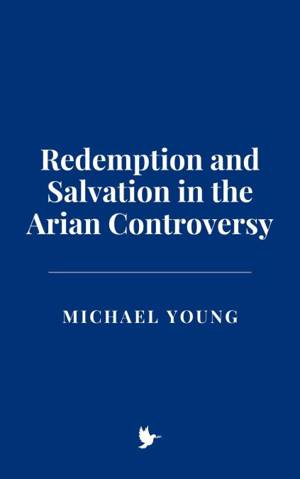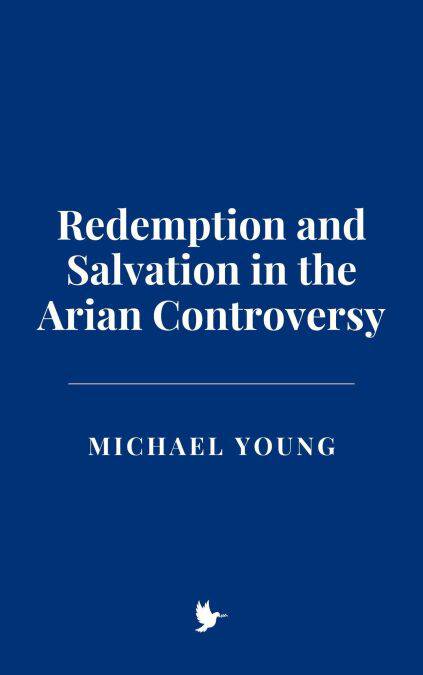
- Afhalen na 1 uur in een winkel met voorraad
- Gratis thuislevering in België vanaf € 30
- Ruim aanbod met 7 miljoen producten
- Afhalen na 1 uur in een winkel met voorraad
- Gratis thuislevering in België vanaf € 30
- Ruim aanbod met 7 miljoen producten
Omschrijving
This book offers an in-depth exploration of the Arian controversy, one of the most pivotal theological and political conflicts in the history of Christianity. Spanning several decades during the 4th century, the controversy centered on the fundamental question of Christ's nature: Was He co-eternal and of the same essence as God the Father, or was He a created being, subordinate to the Father? The book traces the origins of Arianism through its founder Arius, explores the theological disputes, and analyzes the key events that shaped the debate, including the Councils of Nicaea and Constantinople. The work highlights the theological defense of Nicene orthodoxy, particularly by figures like Athanasius of Alexandria, and addresses the political, ecclesiastical, and social dimensions of the controversy.
The Arian dispute's impact extended beyond the 4th century, influencing the development of Trinitarian doctrine, Christology, and Christian salvation in the centuries that followed. The book also delves into the theological implications for the early Christian Church, including the relationship between the Father, Son, and Holy Spirit, as well as the role of the Church in shaping doctrinal clarity. It examines how the Arian controversy influenced the Church's liturgy, monasticism, and the integration of Christianity into the political life of the Roman Empire. Ultimately, the book explores how the resolution of the Arian crisis helped solidify the Nicene Creed as the foundation of Christian orthodoxy, establishing the parameters of Christian belief that continue to define the faith to this day. Through detailed historical analysis and theological commentary, the book provides a comprehensive view of the Arian controversy and its lasting legacy on Christian doctrine and ecclesiastical history.
Specificaties
Betrokkenen
- Auteur(s):
- Uitgeverij:
Inhoud
- Taal:
- Engels
Eigenschappen
- Productcode (EAN):
- 9798227426598
- Verschijningsdatum:
- 31/01/2025
- Uitvoering:
- E-book
- Formaat:
- ePub

Alleen bij Standaard Boekhandel
Beoordelingen
We publiceren alleen reviews die voldoen aan de voorwaarden voor reviews. Bekijk onze voorwaarden voor reviews.









